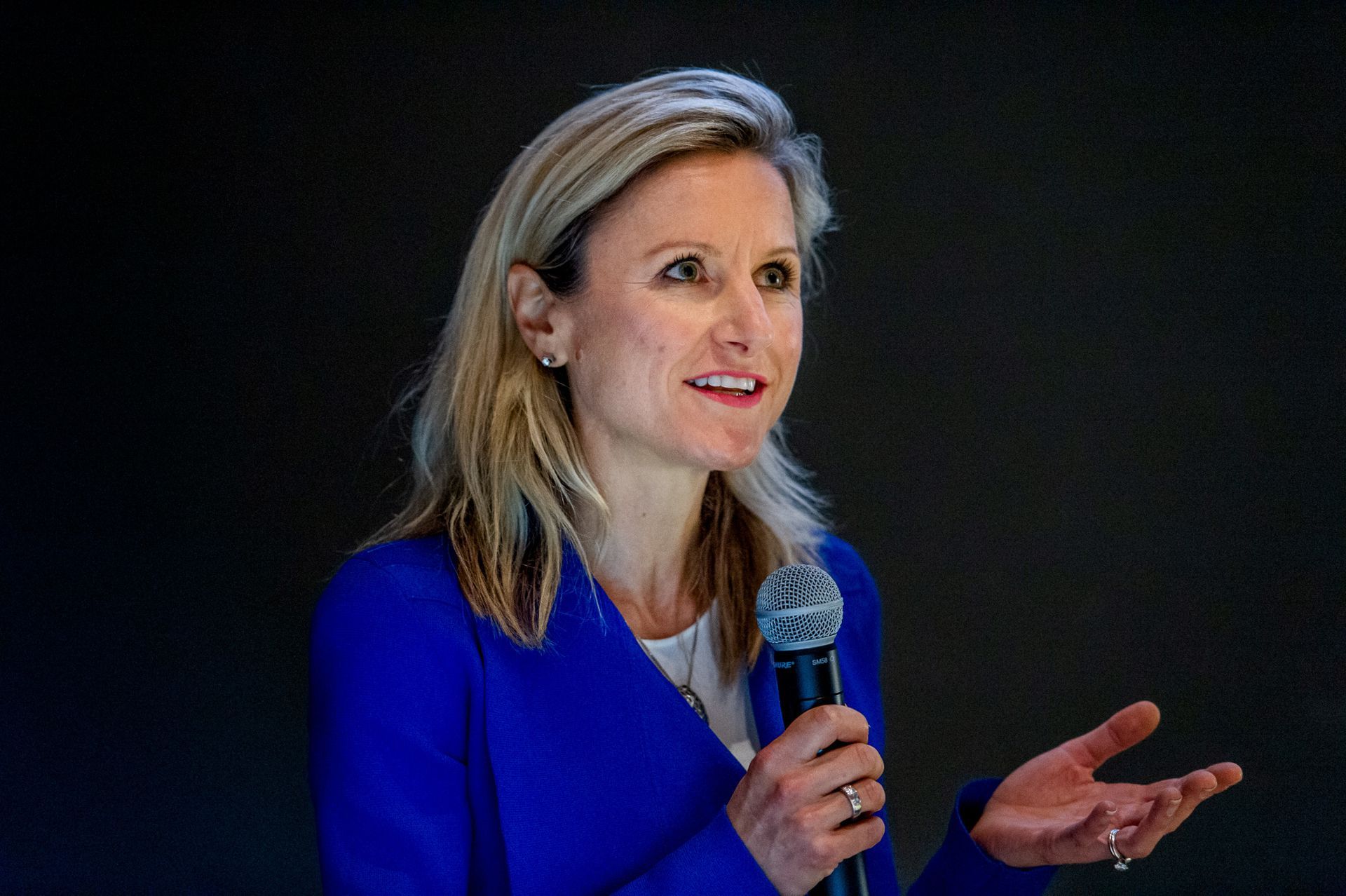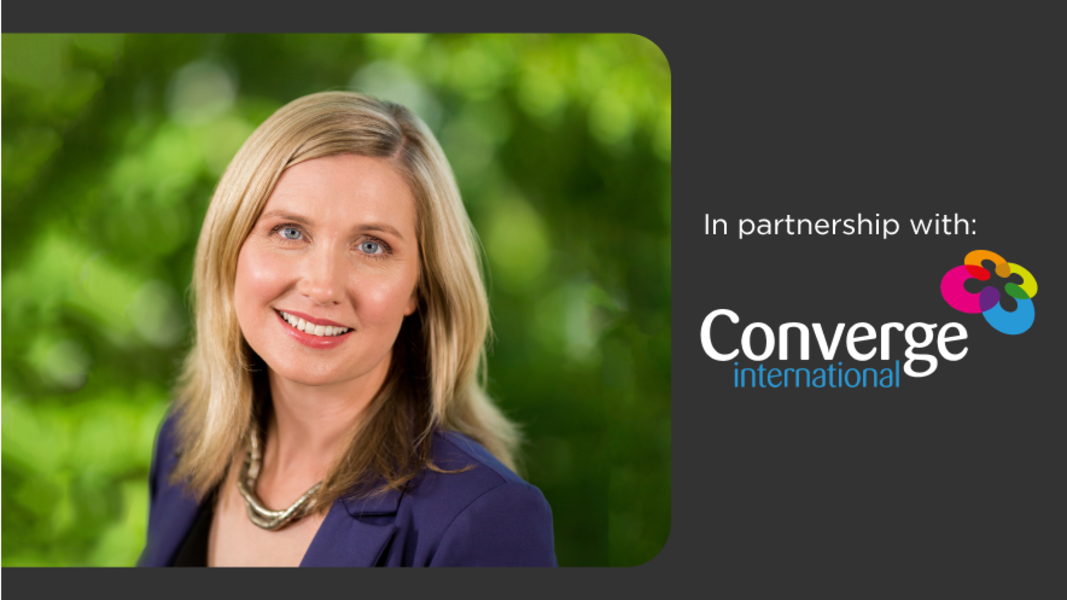Effective Ways to Identify Strategic Thinkers
Effective Ways to Identify Strategic Thinkers
Posted on October 25, 2017
To ensure organisations can weather the incredibly fast changing landscape, it is essential to have a mix of strategically minded people in the business at many levels. In short, strategic thinkers are paramount to a company’s longevity as they have a forward-thinking mindset.
Finding people with these skills can seem like a challenge, but knowing what to look for is crucial. Outlined below are a few of our suggestions on how to really assess strategic thinkers.
Interviewing for Strategic Thinkers
Most people will claim to have the ability to think strategically, however distinguishing the quality in real life can be difficult.
One way of doing this is to pose some behavioural and situational interview questions that will allow the interviewee an opportunity to showcase their strategic thinking techniques, and the chance for you to verify and gain confidence in their abilities.
Some suggestions:
1. Ask questions to reveal how important they view strategic thinking.
Finding out what a candidate is interested in is a good way to get an idea of the tasks or activities that allow their skills to shine. If they mention several things that involve strategic thinking that are high up, then you might just have discovered a star. If they’re further down the list, be weary. Another way to put this is to ask them about their “dream projects” and see if strategic thinking is a major component of these, or whether it’s something that in an ideal scenario, they wouldn’t do.
2. Ask the candidate to explain a strategy they formulated for their company, take you through their thought processes, and talk about the results.
This question will allow you to see if they are methodical, if they addressed alternatives and considered potential risks, consulted with stakeholders, measured success after implementation, and whether they were able to implement a plan that was successful long-term. If it was unsuccessful, then it’s a good idea to delve a little deeper, and find out why they failed. Were they able to adapt to the bad results? How did they change the strategy? Did they seek feedback? What adjustments did they make? These are all key questions that can help to make sense of the candidate’s approach.
3. Provide your company’s own strategies and plans, and see if they’re able to identify the flaws and strengths.
Let them evaluate an idea that previously proved ineffective in your company, and see if they are able to identify the holes, and why it didn’t work. Can they see a better solution? Similarly, if there is a previous problem that had been solved effectively, pose them the same question and see if they can come up with a similar (or better) solution. This provides a benchmark of sorts on which to assess their skills, and giving a candidate a task of sorts to accomplish almost always results in a more engaged interviewing experience on both sides of the table.
4. How do they keep their strategic thinking fine-tuned?
Like we said at the start, the retail world is always changing. One key sign of someone with a strategic outlook is that they’re always trying to stay ahead of the curve. If the candidate is propelling their own continuous learning and shows a desire for always being on the cutting edge, then that’s a good indicator for long-term success.
5. Pay attention to the questions they ask.
The end of the interview is a great indication of just how engaged the candidate is and how interested they are in a role, but it can also give you an insight into their mindset and way of thinking about work. For example, if a candidate is asking questions about bigger-picture business strategy, the challenges that they’re going to be dealing with, or looking for information beyond just the role that they’re applying for, then that’s a fairly good sign that they might take more of a strategic approach in terms of the way they work.
Red Flags to Avoid
There are plenty of qualities to look for in a candidate, however, on the other end of the spectrum there are a few attributes to avoid.
- They lack leadership skills. Setting achievable goals and inspiring your team to reach them is important in boosting motivation and morale. It’s crucial to demonstrate confidence when taking decisive action and delegating responsibilities to a team.
- They’re uncomfortable making decisions.
Strong decision-making skills are at the crux of strategic thinking. Someone can be a competent strategic thinker, but if they lack confidence when it comes to weighing up the pros and cons and mobilising their plan into action, then it won’t translate to successful actions. Remember, the strategic thinking is no use without the doing to back it up.
- They shy away from change.
Our world shifts rapidly these days, so strategies need to be flexible, as adjustments are almost always guaranteed. Recognising when a strategy is ineffective, and having the ability to adapt is key to staying on top.
- They don’t approach a situation thoughtfully or consider consequences.
Some people will believe themselves to think strategically because they are good decision makers. However, thoughtful reasoning must compliment their decisions. Impulsiveness and bullheadedness can masquerade as strong leadership, and while clear vision is important, lacking the ability to weigh alternatives and assess a scenario thoroughly could lead to problems down the road.
Hopefully you found these suggestions useful. If I/we can support you further in any way, please get in touch here.
Share this article









Job Alerts
Get new jobs for this search by email
Copyright © 2023 People Equity |
Privacy Policy |
Terms and Conditions |
Sitemap | Powered with 🤍 by
Shazamme


